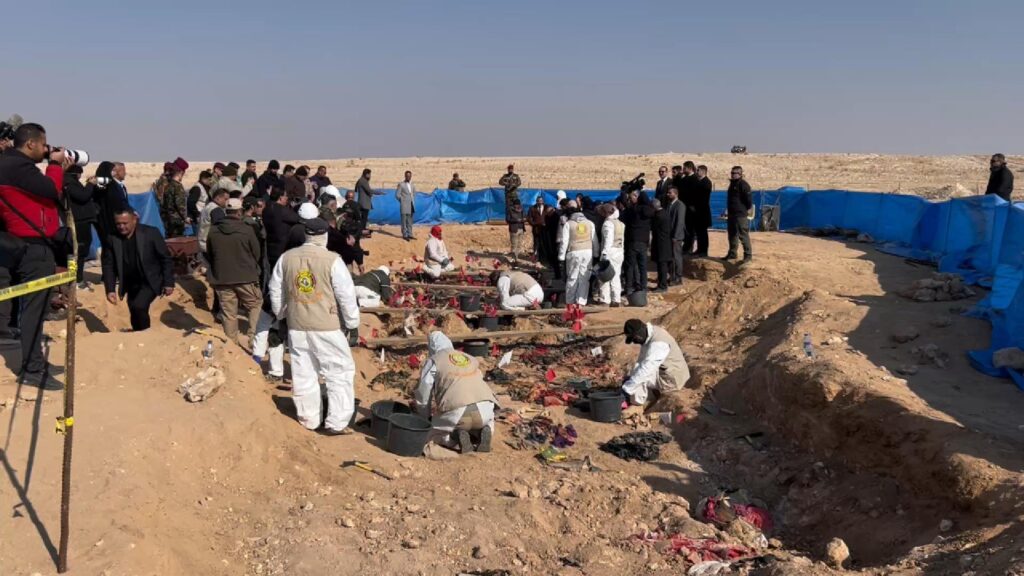Psychosocial Support (PSS) Activities in Iraq - 2019 Achievements & 2020 Needs
2020-03-11 00:00:00 - From: Relief Web
In 2020, the National Protection Cluster (NPC) and its partners continue to report that mental health and psychosocial needs of affected individuals are alarming, with 419,468 (over 69,000 HHs) individuals identified by heads of households as displaying signs of psychosocial distress.
2019 HRP PSS Response at a glance
- 24 districts across 8 governorates prioritized.
- For general protection, out of the 34,628 women and men targeted with PSS activities, 30,947 people were reached.
- For CP, 247,622 children were reached.
- For GBV, 184,371 beneficiaries were reached.
Challenges
- Limited understanding by key stakeholders (including donors) as to what PSS is, how protection actors can provide quality services, and what resources are needed to implement PSS programmes;
- Huge variance in definitions of PSS roles (i.e. "social workers", "case managers", "counselors").
- Stigma on mental health concerns and beliefs that mental health is not important.
- Engagement of the community/beneficiaries in activities for which they do not see tangible benefits.
Proposed solutions to overcome challenges
- Awareness sessions on mental health topics to reduce stigma.
- Trainings of PSS workers on facilitator skills to better engage participants.
- Work with the MPHSS TWG and the MoH to standardize job descriptions for PSS workers; continue to support certification and credentialing for social workers, case managers, and specialized MH roles.
Advocacy
- Advocate with donors and other key stakeholders on the types of PSS programming implemented by protection actors and their benefits and importance.
- Greater awareness of mental health disease pathology and the effectiveness of PSS interventions among healthcare workers.
- Create a national certification of social workers/case managers.



